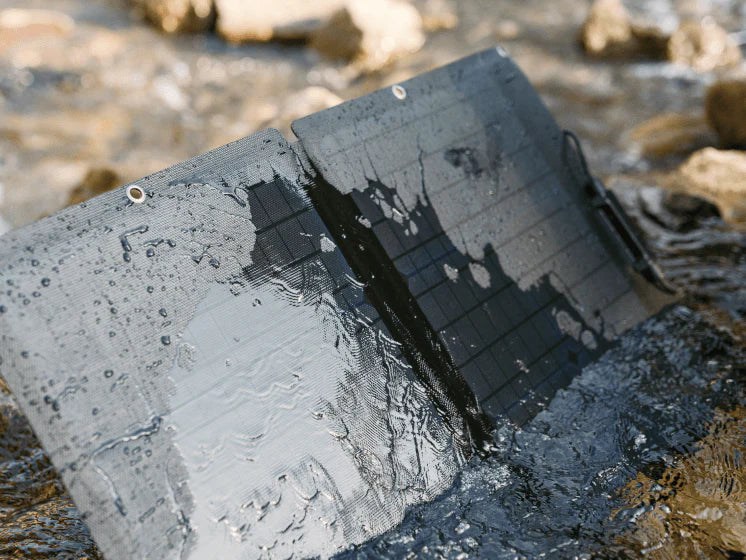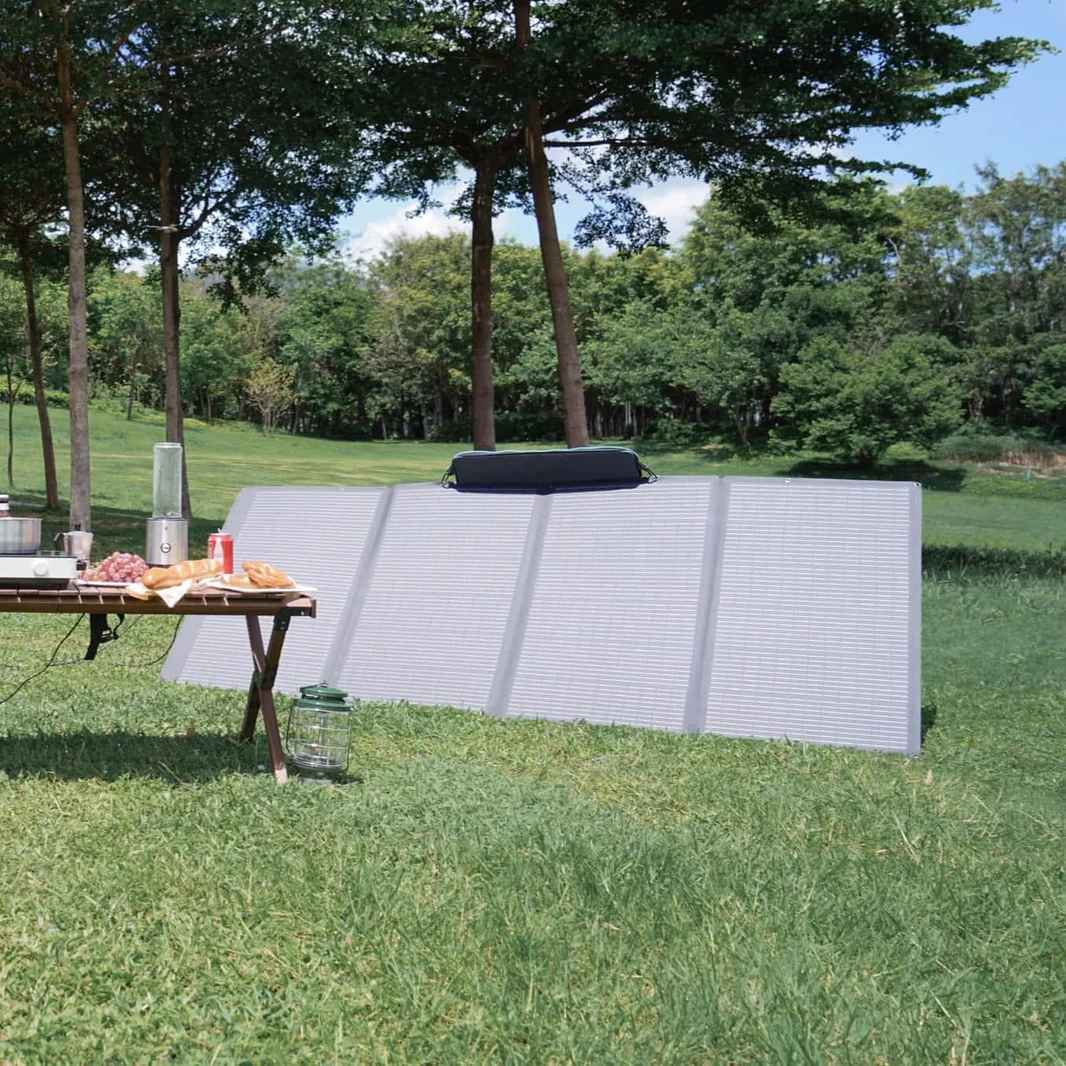How Much Do Solar Batteries Cost?
Solar batteries are becoming an essential solution for those looking to cut energy costs, reduce grid reliance, or achieve full energy independence. However, with numerous options available, understanding the factors that affect solar battery pricing is crucial for making an informed investment.
From capacity and battery chemistry to installation costs and additional features, this guide will help you navigate your choices to find the best solution for your energy storage needs.
Let’s dive in.
What Is the Average Cost of a Solar Battery?
The cost of a solar battery varies significantly based on capacity, battery chemistry, brand, features, and installation expenses. A simpler way to assess pricing is by looking at the cost per kWh of capacity.
Typically, solar batteries range from $1,000 to $1,500 per kWh, with some brands exceeding this price but rarely falling below it. This means that a 10kWh whole-home off-grid system will generally cost between $10,000 and $15,000, including installation.
However, for those seeking a home backup system that isn’t integrated into household wiring or a portable solution for camping and travel, a DIY standalone system can be a more affordable alternative.
For example, a 4kWh portable power station like the EcoFlow DELTA Pro 3 costs significantly less than $1,000 per kWh. Pairing it with high-quality EcoFlow Rigid Solar Panels allows you to enjoy clean, green, and hassle-free power for years.
Would you like to know the best part? Systems like these are expandable—you can add extra batteries and even integrate them into your home’s electrical system using the EcoFlow Smart Home Panel 2. This approach allows you to start with a budget-friendly option and gradually scale it into a comprehensive off-grid solution.


What Impacts the Cost of a Solar Battery?
1. Capacity
This is straightforward—the larger the battery, the higher the cost. The right capacity depends on your energy consumption, which is influenced by:
Home size
Number of occupants
Types and quantity of appliances
Intended use (backup power, travel, or full off-grid living)
With modular scalability from 10kWh up to 80kWh, EcoFlow OCEAN Pro is ideal for users needing flexible sizing—from single-family homes to multi-unit buildings or even small businesses. Learn more about determining the right solar battery size for your home.
2. Battery Chemistry
Different battery types vary in cost based on the materials used and their technological advancements.
LiFePO4 (Lithium Iron Phosphate) batteries, known for their safety and longevity, were once significantly more expensive than lead-acid models. However, prices have dropped dramatically in recent years, making them a more cost-effective and reliable option.
Lead-acid batteries remain a cheaper alternative, but they have a much shorter lifespan, making them less economical over time.
3. Longevity
Lifespan plays a crucial role in determining long-term costs.
Lead-acid batteries may seem affordable upfront, but they often need replacement 3-5 times before a single LiFePO4 battery needs to be replaced.
Investing in LiFePO4 means fewer replacements, better reliability, and lower long-term costs.
4. Brand and Quality
The brand you choose significantly impacts price and performance.
Low-cost, unknown brands may seem like a bargain but often come with poor warranties, unreliable customer support, and questionable manufacturing quality.
Reputable brands like EcoFlow provide industry-leading warranties, superior build quality, and long-term reliability, ensuring peace of mind with your investment.
5. Built-in Features
Not all solar batteries come with essential built-in features, and lacking these may result in additional expenses.
Inverter: Converts stored DC electricity into AC power for household appliances. Basic models without an inverter require purchasing one separately.
Battery Management System (BMS): Prevents overcharging, undercharging, and excessive discharge, optimizing efficiency and extending battery lifespan.
6. Installation and Labor Costs
Installation costs vary based on:
Installer rates in your area
Complexity of installation
Local demand for solar storage solutions
If local labor costs are high, ordering your own battery system and hiring an independent electrician can sometimes be a cost-saving alternative.
7. Solar Panels
Your total cost also depends on whether you’re purchasing a complete solar system or adding battery storage later.
Buying panels and batteries together usually lowers installation costs.
Solar panel price varies based on type (monocrystalline vs. polycrystalline), brand, size, and wattage.
Smaller, lower-cost panels may seem budget-friendly, but undersizing your solar array can limit power generation and impact system efficiency.
For example, the EcoFlow DELTA Pro Ultra features a powerful 6kWh battery expandable up to 90kWh. To keep such a high-capacity system fully charged, you’ll need top-tier monocrystalline panels like the EcoFlow 400W Rigid Solar Panel.


Is a Solar Battery Worth the Cost?
Absolutely.
Solar batteries, such as those found in EcoFlow Solar Generators, provide:
1.Reliable backup power during outages
2.Portable energy for travel and off-grid adventures
3.Complete energy storage solutions for off-grid homes
These systems work by harnessing solar energy through photovoltaic panels, converting it into electricity, and storing it for use whenever needed.
Modern LiFePO4 batteries are designed to last for decades, offering a sustainable, long-term power solution. Best of all, since they generate electricity using free solar energy, your investment pays for itself over time.
Once you recoup your initial cost (typically within a few years), your energy becomes free for the next 20+ years—a huge financial advantage.
Instead of asking if solar batteries are worth the cost, a better question is:
Can you afford not to invest in them?
Final Thoughts
Solar batteries are a smart investment for backup power, off-grid living, and long-term energy savings. Selecting the right model depends on: Your energy needs,Budget,Desired features.
Premium options like Portable Solar Generators offer expandable capacities, advanced technology, and long lifespans, making them a cost-effective and sustainable energy storage solution.
With superior durability, reliability, and performance, they provide the ultimate green energy storage solution for anyone looking to harness the power of the sun and achieve energy independence.
For press requests or interview opportunities, reach out to our media team
media.na@ecoflow.com